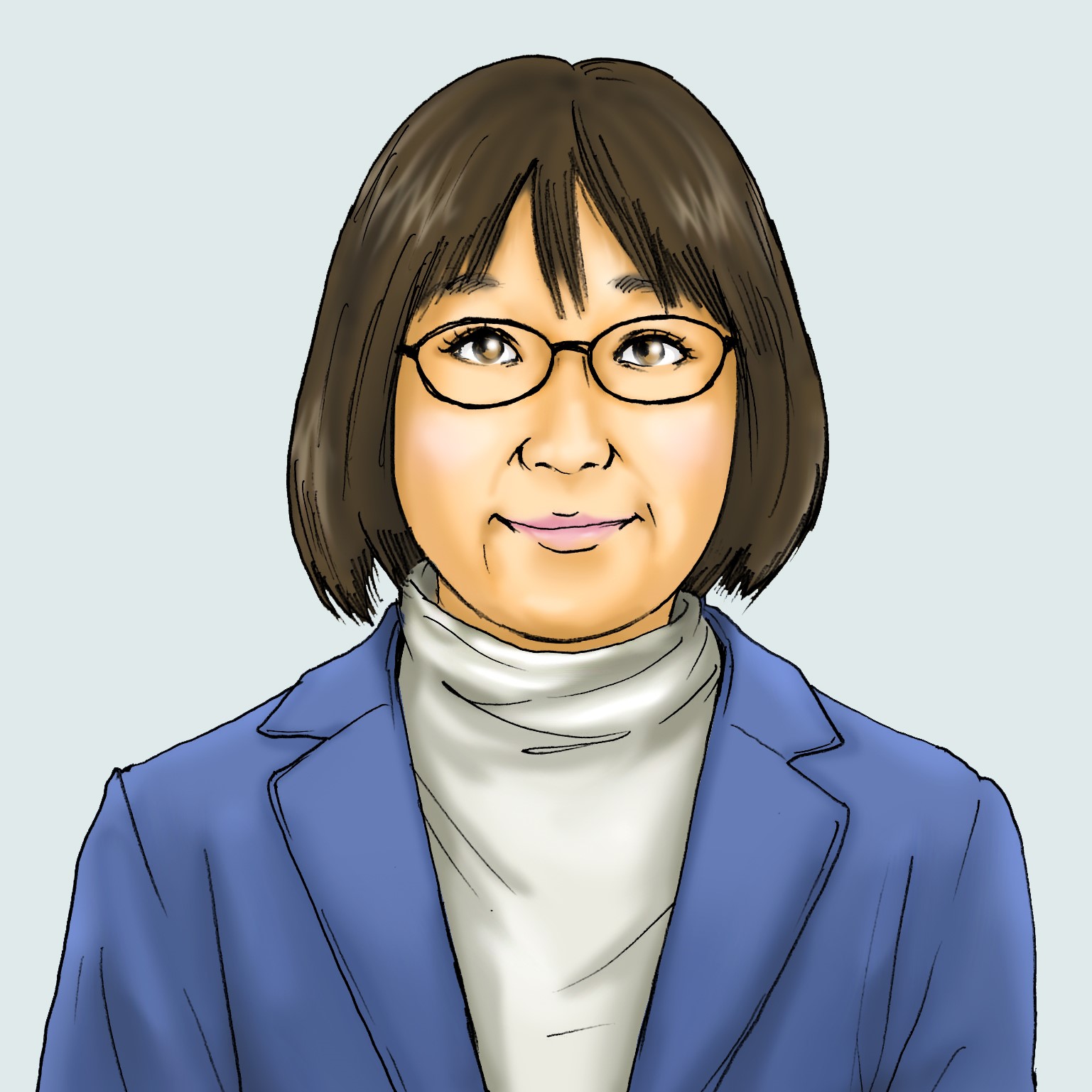
略歴Career
学歴
1. 1996-2000年 早稲田大学第一文学部
2. 2008-2010年 九州大学大学院比較社会文化学府修士課程
3. 2010-2013年 九州大学大学院比較社会文化学府博士後期課程
4. 2013年 博士(比較社会文化)取得
経歴
1. 2000-2006年 広島平和記念資料館 学芸員
2. 2010-2013年 日本学術振興会特別研究員(DC1)
3. 2013-2016年 長崎大学核兵器廃絶研究センター客員研究員
4. 2016-2019年 日本学術振興会特別研究員(PD)
5. 2019-2021年 長崎大学多文化社会学部客員研究員
6. 2021-現在 広島市立大学 広島平和研究所 准教授
Academic background
1. 1996-2000, School of Letters, Arts and Sciences I, Waseda University
2. 2008-2010, Graduate School of Social and Cultural Studies (Master’s Course), Kyushu University
3. 2010-2013, Graduate School of Social and Cultural Studies (Doctoral Course), Kyushu University
4. 2013, Ph.D.(Social and Cultural Studies)
Career
1. 2000-2006, Curator, Hiroshima Peace Memorial Museum
2. 2010-2013, Research Fellow, Japan Society for the Promotion of Science
3. 2013-2016, Visiting Researcher, Research Center for Nuclear Weapons Abolition (RECNA), Nagasaki University
4. 2016-2019, Research Fellow, Japan Society for the Promotion of Science
5. 2019-2021, Visiting Researcher, School of Global Humanities and Social Sciences, Nagasaki University
6. 2021.4-present, Associate professor, Hiroshima Peace Institute / Graduate School of Peace Studies, Hiroshima City University
研究テーマResearch Theme
資料調査、聞き取り調査をベースとした原爆被害の記憶・表象研究を行っています。これまでは、主に長崎のカトリック集団の原爆の語りをテーマに研究を行ってきました。現在は、「語られないもの」は歴史の可能性であるという観点から、原爆被害をめぐる歴史的出来事の中で、相対的に語られることの少なかった障害者の語りをテーマに研究を進めています。
詳しい業績は、Researchmap(https://researchmap.jp/cshijo)をご覧ください。
I am conducting memory and representation research on the damage caused by the atomic bomb based on material and interview surveys. I have primarily been studying how Catholics in Nagasaki narrated the A-bomb damage. From the perspective that “unspoken things” may influence history, I study the narratives of differently abled individuals which were rarely discussed in the historical event of the atomic bomb damage.
Please visit my researchmap page (https://researchmap.jp/cshijo) for more details on my achievements.
大学生の皆さんへMessage to Students
私は、原爆被害の中で、何が語られてこなかったのか、ということに着目して研究を行っています。語られないと一口にと言っても、語る人がなく、資料がないことによるもの、構造的に焦点があたらないために、相対的に語られないもの、忘れ去られているもの、隠蔽されたもの、語ろうとしても語ることができなかったものなど、相互に関連する様々な理由があります。原爆被害は、過去の歴史的な出来事ですが、このなかで周縁におかれてきた人々に着目することで、その当時、そして、まさに今、私たちが抱えている問題の枠組みが浮かび上がってきます。
歴史的出来事は変容しながら語られるものであり、そこには常に、異なる歴史が語られる可能性が秘められています。「語られないもの」は、過去だけでなく、私たちの日々の生活の中にも、溢れています。これらを手掛かりに、学問を通して批判的に考えることで、同じ場所に立ちながら、異なる景色を見ることができるのではないか、と考えています。歴史の周縁から、私たちが抱える問題を考え、異なる歴史と未来の可能性を探究していきましょう。
I am conducting research focusing on what has been unspoken in the damage caused by the atomic bomb. There are many interrelated reasons why everything cannot be narrated, such as the lack of material, no one to talk to about the event, things that cannot be discussed because they are structurally out of focus, forgotten and hidden things, and episodes that people found difficult to talk about. The damage caused by the atomic bomb is a historical event in the past; however, by focusing on the people who experienced it on the periphery, a framework of problems we are facing has emerged.
Historical events are narrated during transformation, with the possibility that different versions of history are told. “Unspoken things” are overflowing not only in the past but also in our daily lives. As academics, we have to observe all these clues from different perspectives and consider all possibilities critically. Let us reflect on our problems from the periphery of history and explore future possibilities from different perspectives.
